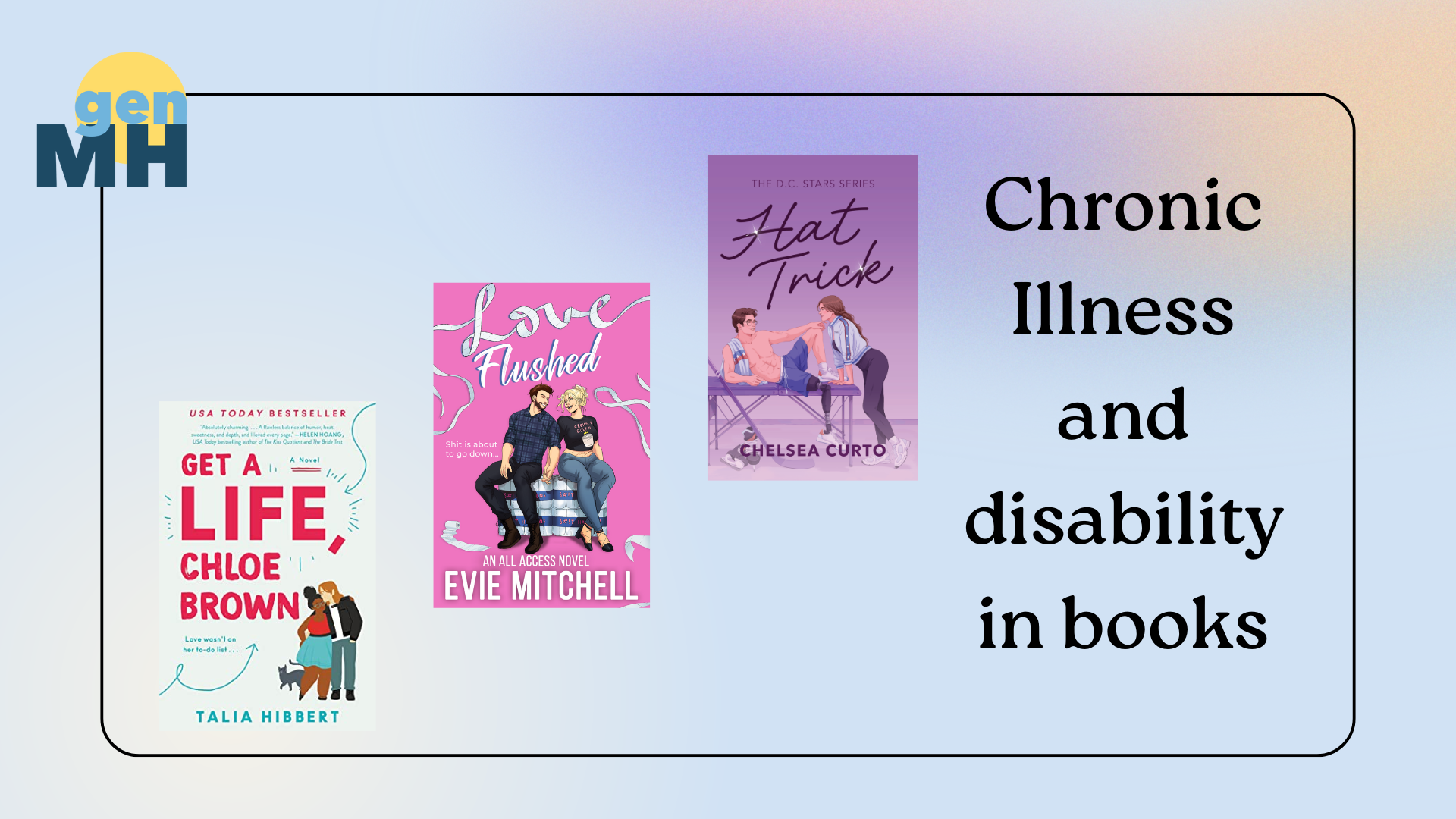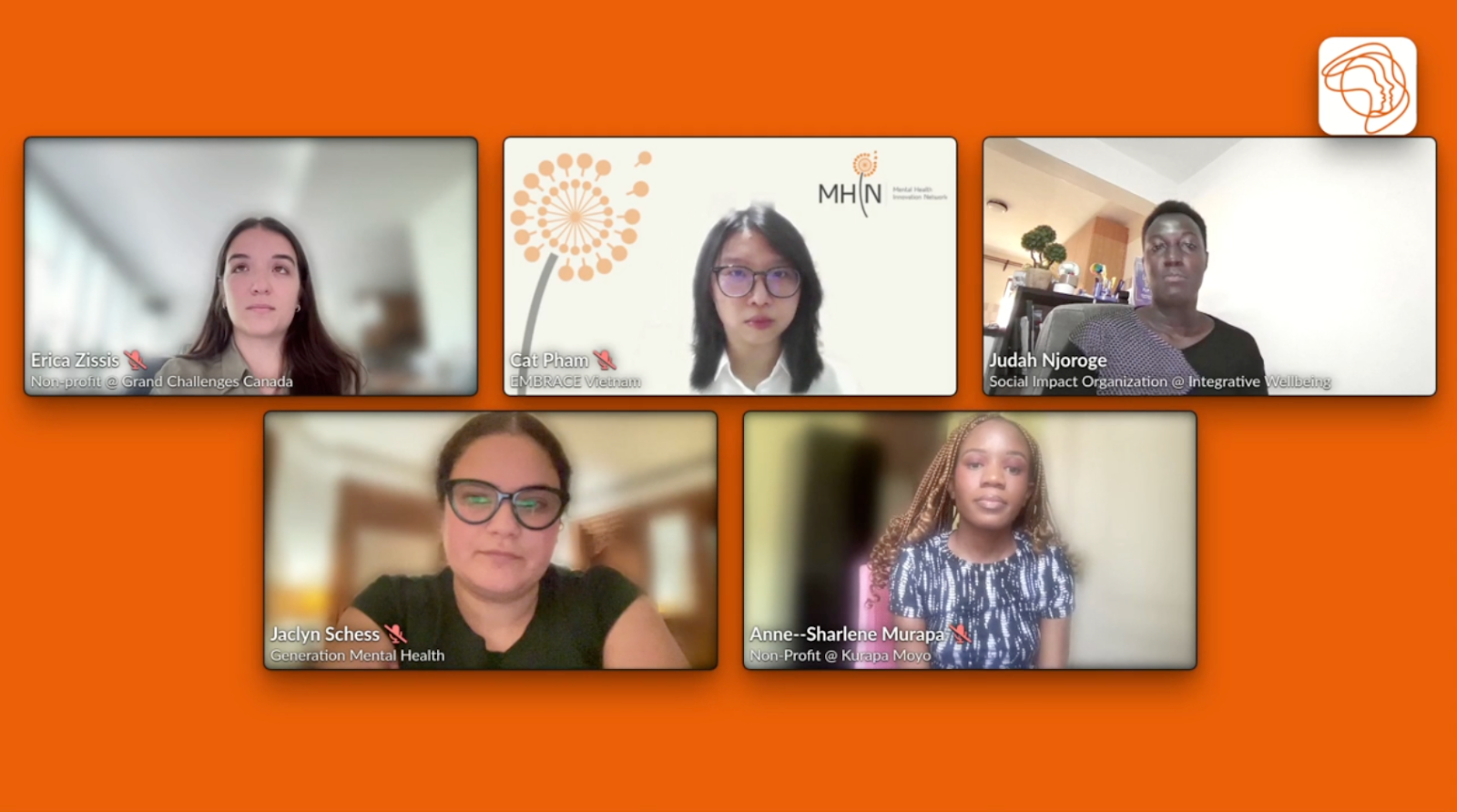From lived experience to challenging the mental health burden in Uganda - Pavel Reppo of Finemind
Our ongoing series of discussions on 'leadership in global mental health' brings us this week to Pavel Reppo, Founder and CEO of Finemind. Pavel shares with us a courageous insight into his own experience of living with OCD, and explains how his organisation Finemind is challenging Uganda's troubling mental health burden through ,a peer-to-peer support system that empowers community members.
“One beautiful spring morning, a merchant loaded his donkey with bags of salt to go to the market in order to sell the salt. The merchant and his donkey were walking along together. They had not walked far when they reached a river on the way.
Unfortunately, the donkey slipped and fell into the river. As it scrambled up the bank of the river, it noticed that the bags of salt loaded on his back had become lighter.
There was nothing the merchant could do except return home, where he loaded his donkey with more bags of salt. As they reached the slippery riverbank again, the donkey fell into the river, this time deliberately. Thus, the salt was wasted again.
By now the merchant knew the donkey’s trick. He wanted to teach the animal a lesson. As he returned home the second time with the donkey, the merchant loaded bags of sponges on its back.
The duo set out on their trip to the market a third time. On reaching the river, the donkey very cleverly fell into the water again. But now, instead of the load becoming lighter, it became heavier.”
I love story-telling, and I’ve noticed that this story captures my experience with Obsessive Compulsive Disorder (OCD) well. OCD is made up of obsessions and compulsions; by completing a compulsion, you quiet an obsession. In triggering this sequence, it may even feel rapturous; it’s relieving to fall into the “water” to rid the weight. However, it promotes dependence and fear. It sets the scene for long-term habituation, lack of control, and apprehension. The donkey’s repetitive action of falling into the water helps with the immediate problem, but only exacerbates the harmful impacts of OCD.
My earliest recollection of OCD was when I was 13 years old standing face to face with myself in the bathroom mirror. I would wash my hands for 30-40 minutes several times a day until they would crack and bleed. They began to resemble the leathery exterior of a football. My handwashing would go on day after day, weeks at a time as I was lurking for the ‘just right’ feeling. As a little boy, I was baptized Eastern Orthodox Christian and would pray nightly. On a perfect day, my prayer would last 5 minutes. On any other day it would last 45 minutes. If a bad or immoral thought found me, I would have no choice but to start from the beginning for fear of god striking me down. More recently, my experience with OCD masquerades cruelty as honesty. I think I’m doing the right thing by being honest with my thoughts, but it comes off hurtful – even malicious – to the person receiving them.
Nevertheless, I often say that the only silver-lining to me having OCD is the fact that I live in the United States. When you look at the rest of the world, the numbers are grim. Nearly half a billion people live with a mental illness. 300 million people live with depression. I’m convinced that both of these estimates are radically conservative because of a lack of screening mechanisms. There is an astonishing 90% treatment gap in low-income countries. Rooting down into Uganda (my place of work), there are 30 psychiatrists for a population of 43 million people. Uganda ranks 4th in Africa for suicide and 17th in the world. The country allots a mere 1% of their healthcare budget to mental healthcare. Access to resources, friends and family, and other supports have made my journey with OCD manageable, but still difficult. And if I think about countries like Uganda with far limited resources, I’m disconcerted. Finemind was born from a single email to global mental health guru, Vikram Patel. I traveled to Goa, India, rubbed elbows with some of the foremost practitioners in the field, and learned about the MANAS program.
The program was set up in Goa, India, between 2005 and 2010, to develop and evaluate a model for delivering treatments in primary care settings. The essence of the MANAS model was to facilitate the shift for mental health care from specialists to lay people within a primary care team, and thus improve the coverage and efficiency of treatments for common mental disorders.
I borrowed the skeleton of MANAS to found Finemind. Finemind supports community mental health in Northern Uganda through a peer-to-peer support system that recruits, trains, and empowers community members, including clinical and non-clinical, to provide people with what they need to recover from common mental health disorders. Our vision is to end the suffering from depression and anxiety for internally displaced persons and refugees.
We utilize an approach called task sharing whereby the few mental health specialists are reallocated to provide oversight, facilitation, and supervision, while a lesser qualified worker is empowered to provide the day-to-day supports. Specifically, our community health workers (CHWs) offer a collaborative stepped care intervention. CHWs offer case management and all non-drug psychosocial interventions with the aid of primary care physicians and a mental health specialist (MHS). Stepped care included psychoeducation, antidepressant therapy, Interpersonal Counseling (IPC), and if necessary, referral to an MHS.
I’m proud to say that in light of the Coronavirus pandemic, our team of 18 trained CHWs are on the frontlines providing timely mental health counseling for the community of Agago District in northern Uganda. They are the frontline warriors of Finemind.
By Pavel Reppo
Interested in learning more about Finemind? Be sure to check out their social media along with some more of Pavel's features!
Website: www.afinemind.org
Facebook: https://www.facebook.com/finemindorg/
Instagram: https://www.instagram.com/finemindorg/
Forbes Feature: How Can We Help Solve the Global Mental Health Crisis?



